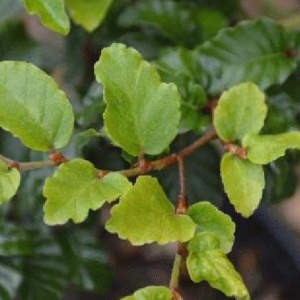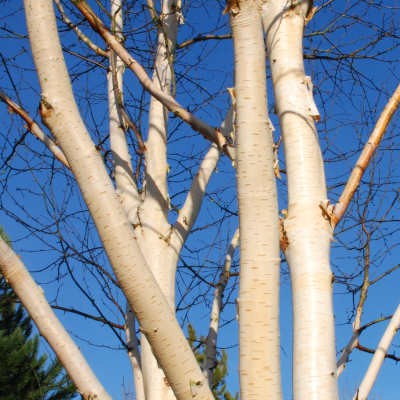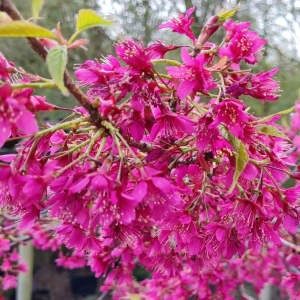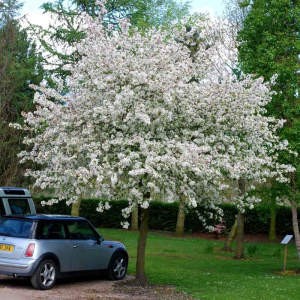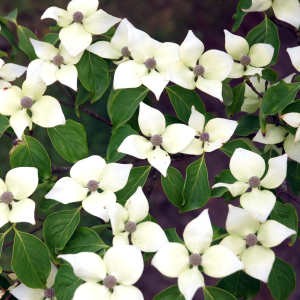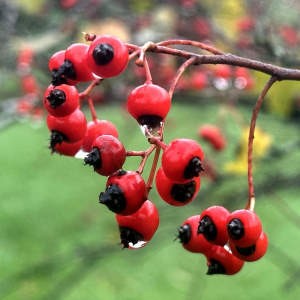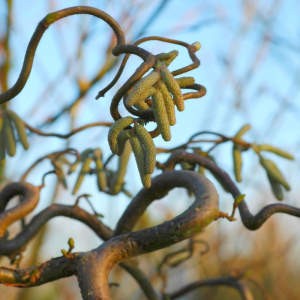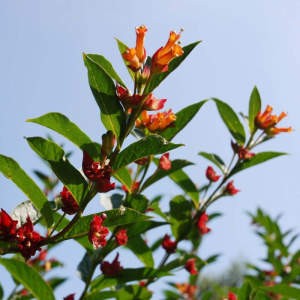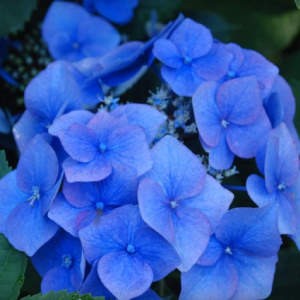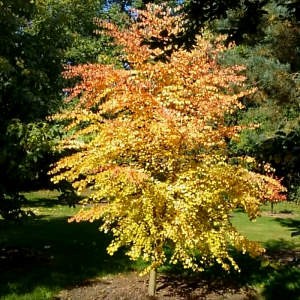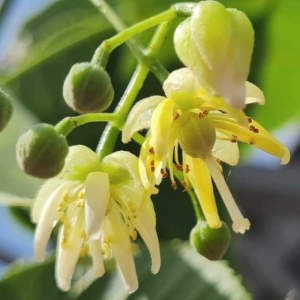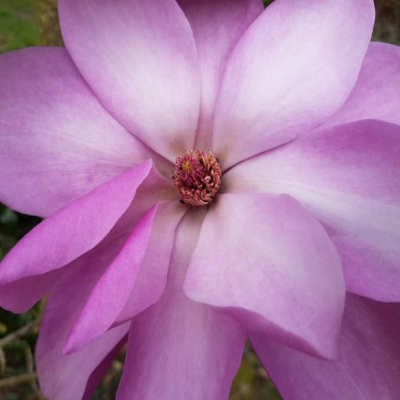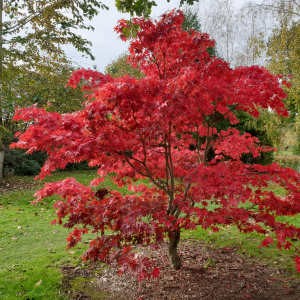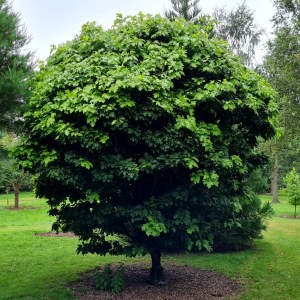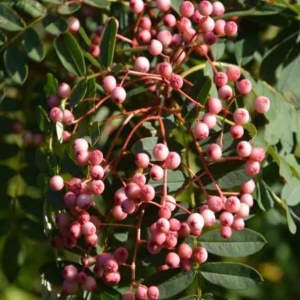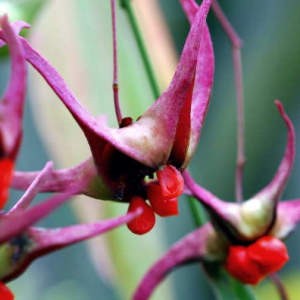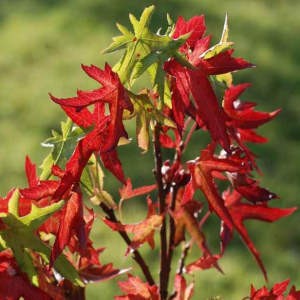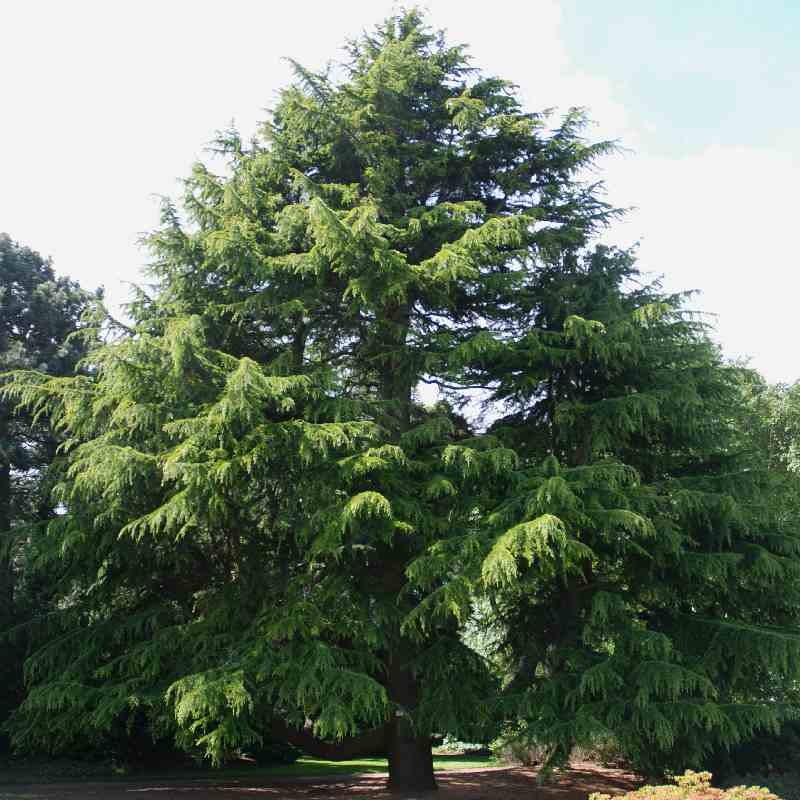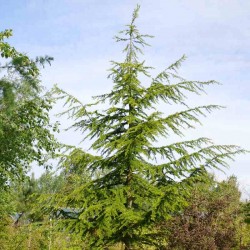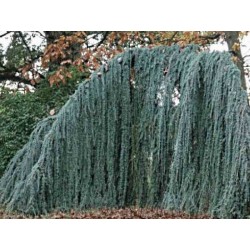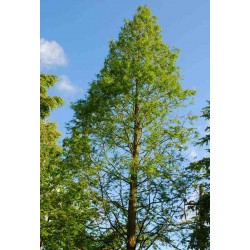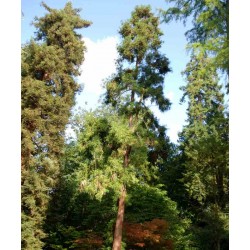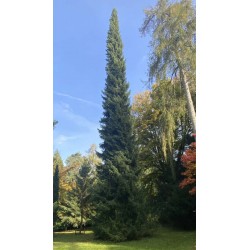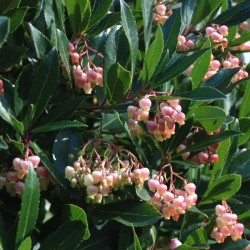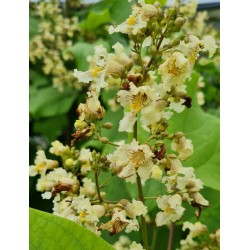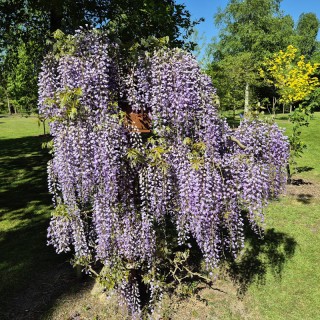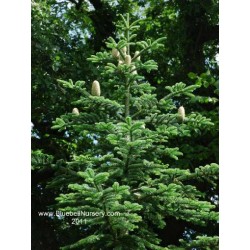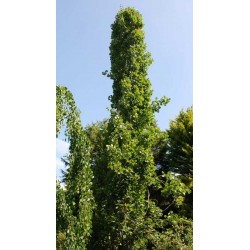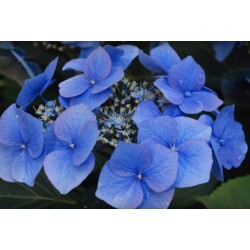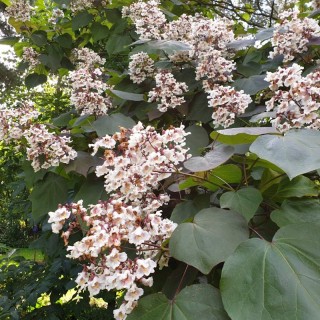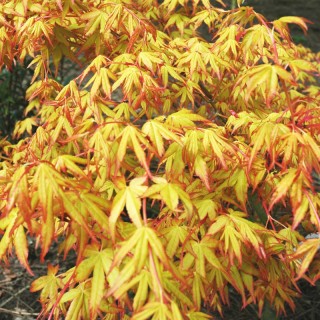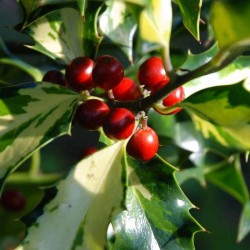- Home
- Offer - up to 30% off Selected Plants
- Trees & Shrubs
- Abelia
- Abeliophyllum
- Acer
- Acradenia
- Aesculus
- Ageratina
- Alnus
- Amelanchier
- Amelasorbus
- Amorpha
- Aralia
- Arbutus
- Aronia
- Asimina
- Atherosperma
- Aucuba
- Berberis
- Betula
- Brachyglottis
- Buddleja
- Buxus
- Callicarpa
- Calycanthus
- Camellia
- Caragana
- Carpinus
- Carya
- Caryopteris
- Castanea
- Catalpa
- Ceanothus
- Celtis
- Cephalanthus
- Ceratostigma
- Cercidiphyllum
- Cercis
- Chaenomeles
- Chimonanthus
- Chionanthus
- Chitalpa
- Choisya
- Cistus
- Cladrastis
- Clerodendrum
- Clethra
- Cleyera
- Colquhounia
- Coprosma
- Cornus
- Corokia
- Correa
- Corylopsis
- Corylus
- Cotinus
- Cotoneaster
- Crataegus
- Crinodendron
- Cytisus
- Daphne
- Davidia
- Decaisnea
- Desfontainia
- Deutzia
- Dichroa
- Diervilla
- Dipelta
- Dipteronia
- Disanthus
- Distylium
- Drimys
- Elaeagnus
- Eleutherococcus
- Embothrium
- Emmenopterys
- Enkianthus
- Escallonia
- Eucalyptus
- Eucryphia
- Euonymus
- Exochorda
- Fagus
- Fatsia
- Ficus
- Firmiana
- Forsythia
- Fothergilla
- Franklinia
- Fuchsia
- Gardenia
- Garrya
- Gaultheria
- Gleditsia
- Griselinia
- Gymnocladus
- Hakea
- Halesia
- Halimodendron
- Hamamelis
- Hebe
- Hedera
- Heptacodium
- Hibiscus
- Hippophae
- Hoheria
- Holodiscus
- Hovenia
- Hydrangea
- Hypericum
- Ilex
- Illicium
- Indigofera
- Itea
- Jasminum
- Juglans
- Kalopanax
- Koelreuteria
- Kolkwitzia
- Laburnum
- Laurus
- Lavandula
- Leptospermum
- Lespedeza
- Leucothoe
- Leycesteria
- Ligustrum
- Lindera
- Liquidambar
- Liriodendron
- Lonicera
- Luma
- Maackia
- Maclura
- Maddenia
- Magnolia
- Mahoberberis
- Mahonia
- Malus
- Melliodendron
- Mespilus
- Metrosideros
- Mitraria
- Morus
- Myrtus
- Nandina
- Neillia
- Neoshirakia
- Nothofagus
- Nyssa
- Olearia
- Osmanthus
- Ostrya
- Oxydendrum
- Ozothamnus
- Pachysandra
- Paeonia
- Parrotia
- Parrotiopsis
- Paulownia
- Perovskia
- Phellodendron
- Philadelphus
- Phillyrea
- Phormium
- Photinia
- Phymosia
- Physocarpus
- Pieris
- Pistacia
- Pittosporum
- Platanus
- Platycrater
- Poliothyrsis
- Poncirus
- Populus
- Potentilla
- Prunus
- Pseudocydonia
- Pseudopanax
- Pseudowintera
- Ptelea
- Pterocarya
- Pterostyrax
- Pyracantha
- Pyrus
- Quercus
- Rehderodendron
- Rhamnus
- Rhaphiolepis
- Rhaphithamnus
- Rhododendron
- Rhus
- Ribes
- Robinia
- Romneya
- Rostrinucula
- Rubus
- Ruscus
- Salix
- Sambucus
- Sapium
- Sarcococca
- Sassafras
- Sinocalycanthus
- Sinojackia
- Skimmia
- Sophora
- Sorbaria
- Sorbus
- Spiraea
- Stachyurus
- Staphylea
- Stephanandra
- Stewartia
- Styrax
- Sycoparrotia
- Sycopsis
- Syringa
- Tamarix
- Tetracentron
- Tetradium
- Tilia
- Toona
- Trachycarpus
- Trochodendron
- Ugni
- Ulmus
- Vaccinium
- Viburnum
- Vinca
- Vitex
- Weigela
- Xanthoceras
- Zanthoxylum
- Zelkova
- Zenobia
- Conifers
- Climbers
- Herbaceous
- Acanthus
- Achillea
- Actaea
- Aegopodium
- Agapanthus
- Ajuga
- Alchemilla
- Anchusa
- Anemone
- Aralia
- Artemisia
- Arum
- Aster
- Astrantia
- Bergenia
- Brunnera
- Campanula
- Centaurea
- Cephalaria
- Crocosmia
- Dicentra
- Dierama
- Diplarrena
- Disporum
- Echinacea
- Epimedium
- Eryngium
- Eupatorium
- Euphorbia
- Galega
- Geranium
- Geum
- Helenium
- Helianthus
- Helleborus
- Hemerocallis
- Hemiboea
- Heuchera
- Hosta
- Inula
- Iris
- Kirengeshoma
- Kniphofia
- Lamium
- Libertia
- Ligularia
- Lysimachia
- Lythrum
- Monarda
- Nepeta
- Paeonia
- Penstemon
- Persicaria
- Phygelius
- Physalis
- Polemonium
- Pulmonaria
- Rodgersia
- Rudbeckia
- Salvia
- Scopolia
- Sedum
- Symphytum
- Thalictrum
- Tiarella
- Tricyrtis
- Verbena
- Veronica
- Veronicastrum
- Ferns
- Grasses
- Gift Vouchers
- All Plants currently in stock
- Plant Finder (Filter Plants by size, features, etc)
- Popular Categories
- About us
- About our Gardens
- Delivery
- Address & Opening Times
English
GBP £
Menu
-
MenuBack
-
Trees & Shrubs
-
-
-
-
-
-
-
-
-
-
-
-
-
-
-
Shrub Size - SmallUnder 1.5 m (5 ft)
-
Shrub Size - Medium1.5 - 3 m (5 - 10 ft) once mature
-
Shrub Size - LargeOver 3 m (10 ft) once mature
-
-
-
Tree Size - Small4 - 8 m (13 - 26 ft) once mature
-
Tree Size - Medium8 - 15 m (26 - 50 ft) once mature
-
Tree Size - LargeOver 15 m (50 ft) once mature
-
-
-
Ground Cover PlantsLow and spreading
-
Columnar PlantsNarrow and Upright
-
Weeping PlantsPendulous and cascading branches
-
-
-
EvergreensEvergreen shrubs and trees
-
Suitable for containersTrees & shrubs for growing in pots
-
-
-
-
Conifers
-
-
Climbers
-
-
Herbaceous
-
-
Ferns
-
-
-
-
-
2-1
-
-
-
Grasses
-
- Gift Vouchers
-
Popular Searches
-
-
-
Newly listed plantsRecently added to our website
-
-
extra £5 off website orders over £35
extra £5 off website orders over £35
Cedrus deodara
Sorry, now sold out
£44.96
£49.95
-10%
(Himalayan Cedar) Cedrus deodara is one of the most elegant and beautiful of all conifers, the species name 'deodara' is probably derived from the Sanskrit, devadaru meaning 'wood of the gods'. Cedrus deodara has a distinctive, drooping leader and branchlets. The needles are a glaucous green-blue and when established this tree has a superb flowing habit.
A handsome large specimen tree once established best in reasonably well drained soil.
These plants are to large to send with our mail order service and are available for collection from our nursery only.
1 x free Panicum 'Warrior' (Switch Grass) (3L pot) with website orders over £30
Enter code FREEPLANT5 during checkout.
Elegant upright grass with bronze-purple flower panicles
One free plant per person only.
One of the most elegant and beautiful of all conifers, the species name 'deodara' is probably derived from the Sanskrit, devadaru meaning 'wood of the gods'. Cedrus deodara has a distinctive, drooping leader and branchlets. The needles are a glaucous green-blue and when established this tree has a superb flowing habit.
Cedrus deodara grows to be a handsome large specimen tree.
- Position: Full sun.
- Soil: Well drained, fertile soil.
- Hardiness: Hardy. Cedrus deodara appreciates shelter from strong, cold winter winds.
- Rate of Growth: Moderate.
- Habit: Cedrus deodara eventually grows to be a large tree with a gently pendulous, flowing habit.
- Height: 30 m (98 ft).
- Spread: 10 m (32 ft)
- Notes: Cedrus deodara is initially slow growing. After one or two years, once established, it starts to grow at a more vigorous rate.
- How Much Sun
- Full Sun
- Eventual Size
- Tree - Large (15m+)
- Growing Conditions
- Soil: Alkaline, Soil: Not Fussy, Soil: Dry/Sandy, Soil: Acid
- Special Features
- Evergreen, Screening/Hedge, Habit - Architectural
Similar plants
Customers who bought this product also bought:
Wisteria

